Women around the world march for abortion rights
Add Axios as your preferred source to
see more of our stories on Google.
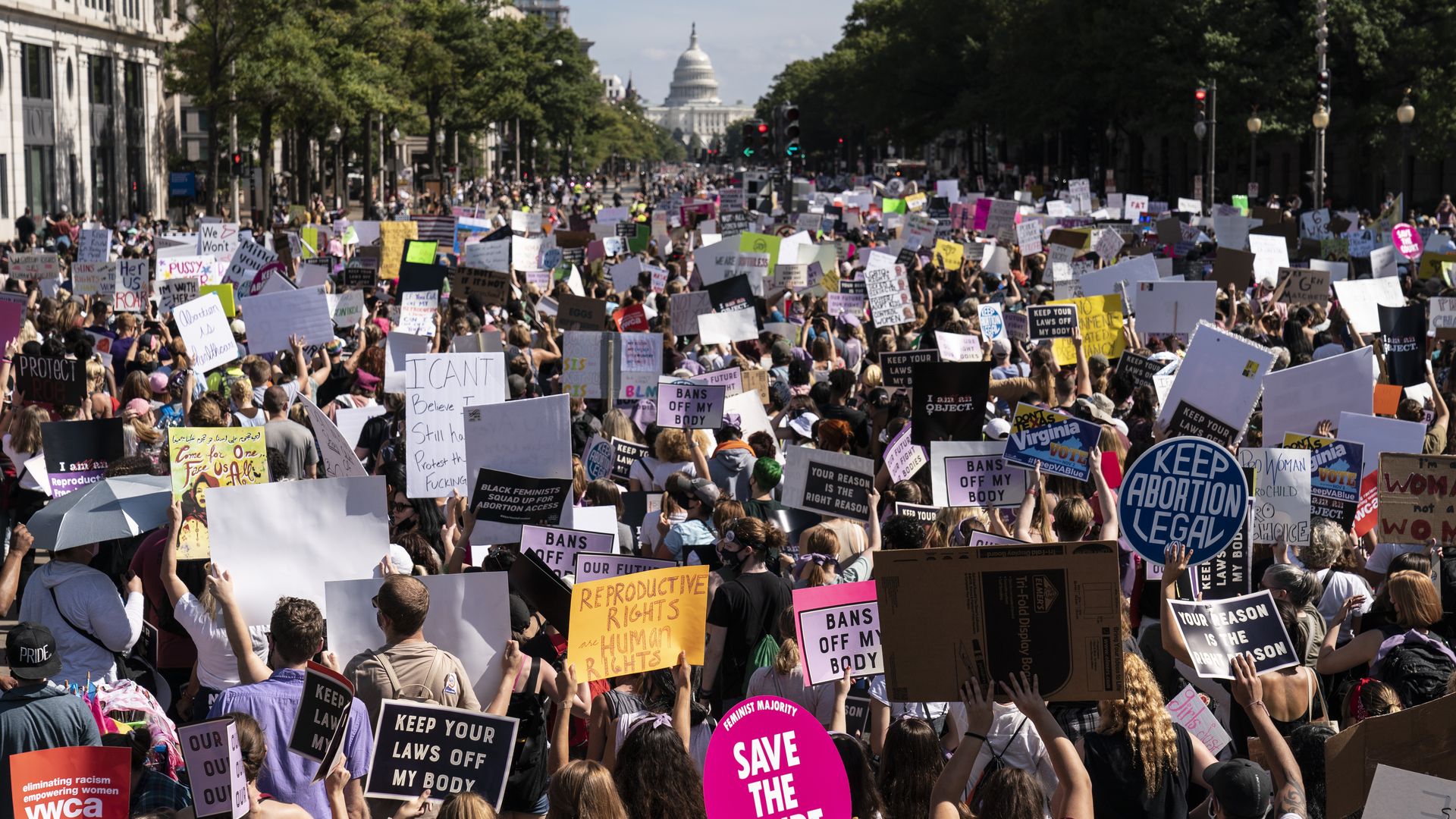
Protesters march for abortion rights in Washington, D.C., on Oct. 2. Photo: Joshua Roberts/Getty Images
Thousands of women gathered in Washington, D.C., and several other cities in the United States and around the world to march for abortion rights in response to the Supreme Court's recent decision to allow Texas' new restrictive abortion law to go into effect.
Why it matters: Texas' new law, which went into effect in early September, is one of the most restrictive abortion bans to be enforced since the Supreme Court's Roe v. Wade decision legalized abortion nationwide in 1973.
Catch up quick: The law prohibits abortions after a fetal heartbeat is detected, which can be as early as six weeks and before many people know they are pregnant.
- It also makes no exceptions for pregnancies that are a result of rape or incest if a heartbeat is detected, and offers at least $10,000 to citizens who successfully sue any person assisting pregnant people with getting abortions that violate the ban.
- The Supreme Court rejected an emergency application by reproductive rights groups to block the restrictive law with a 5-4 vote in September but did not rule on the constitutionality of it.
The big picture: The court has been urged by abortion providers to take up the case on an expedited basis but it has not responded to such petitions.
- The court in December is expected to hear a challenge to a Mississippi law that bans nearly all abortions after the 15th week of pregnancy.
- The Justice Department has sued Texas over the new abortion ban and has urged the Supreme Court to not overturn Roe v. Wade.
- A Texas doctor who acknowledged that he violated the ban faces the first lawsuit under the law.
In photos:
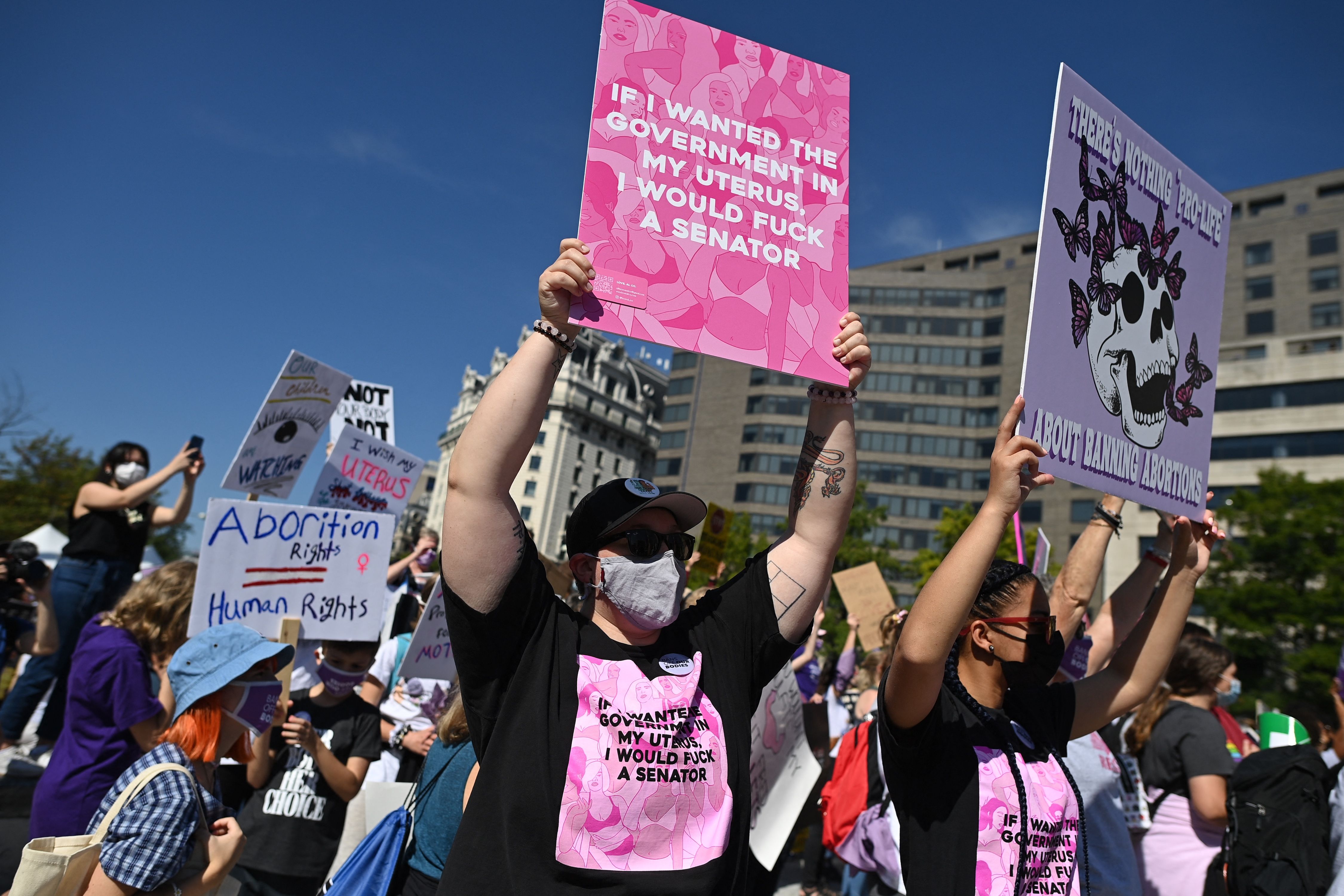
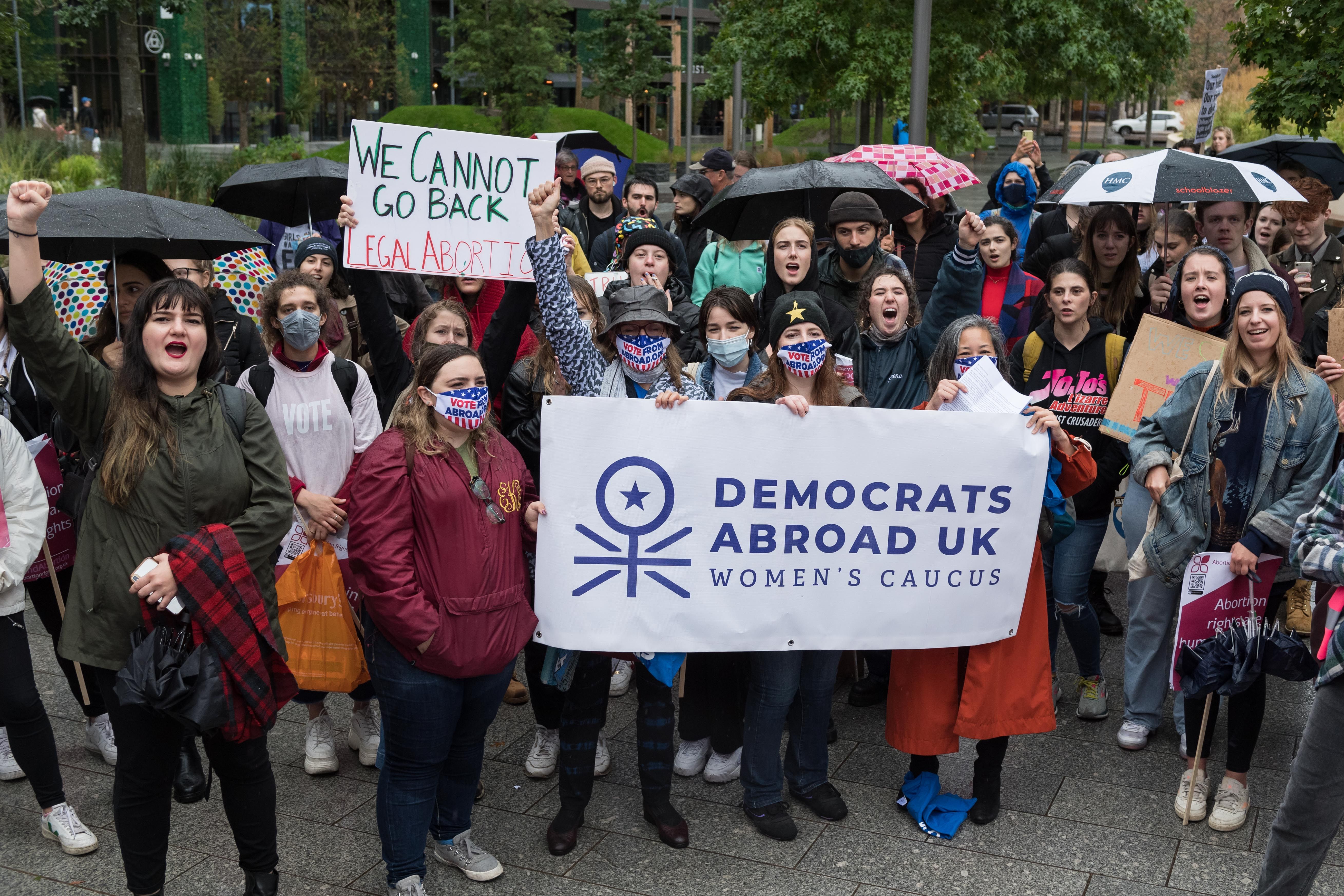
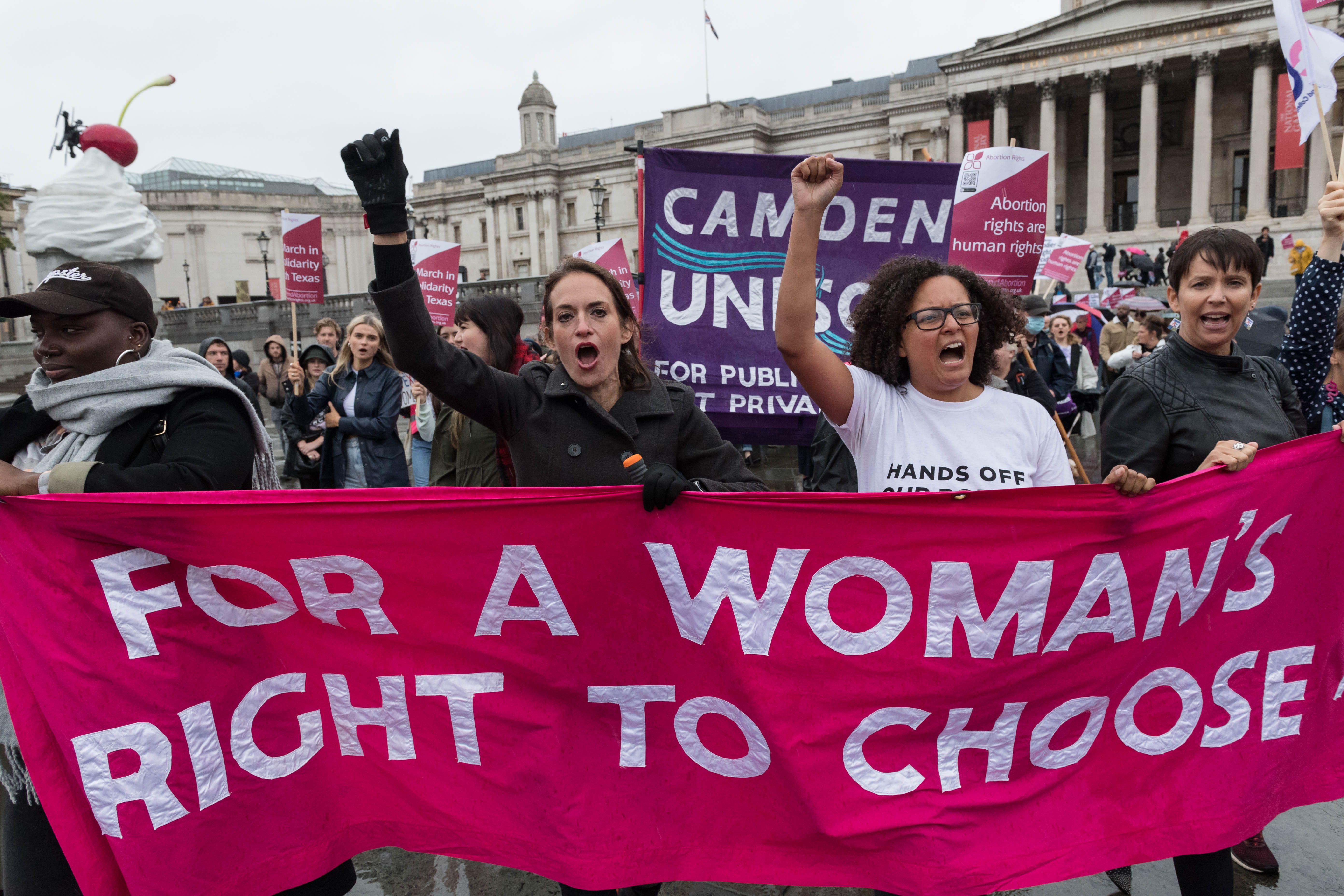
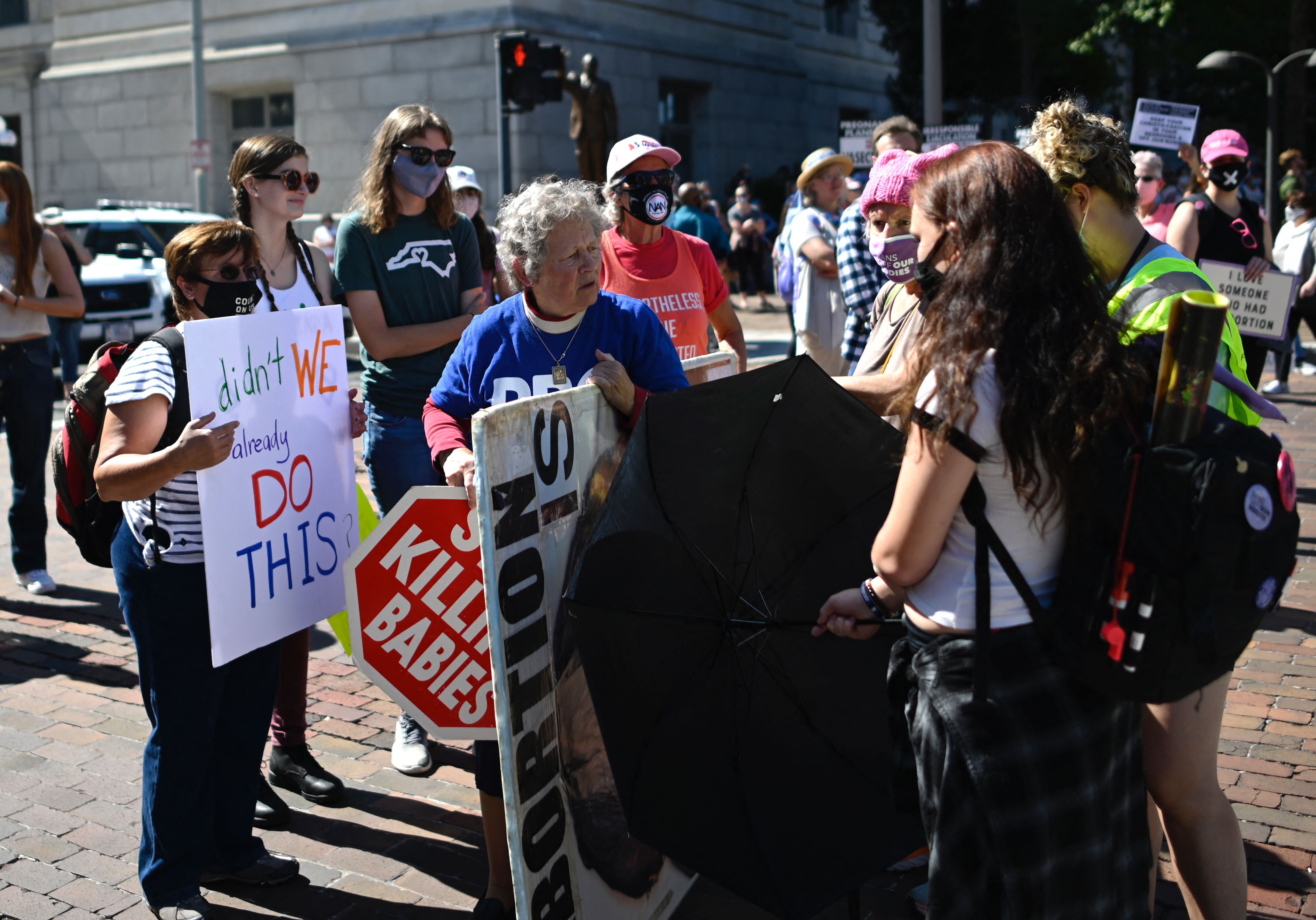
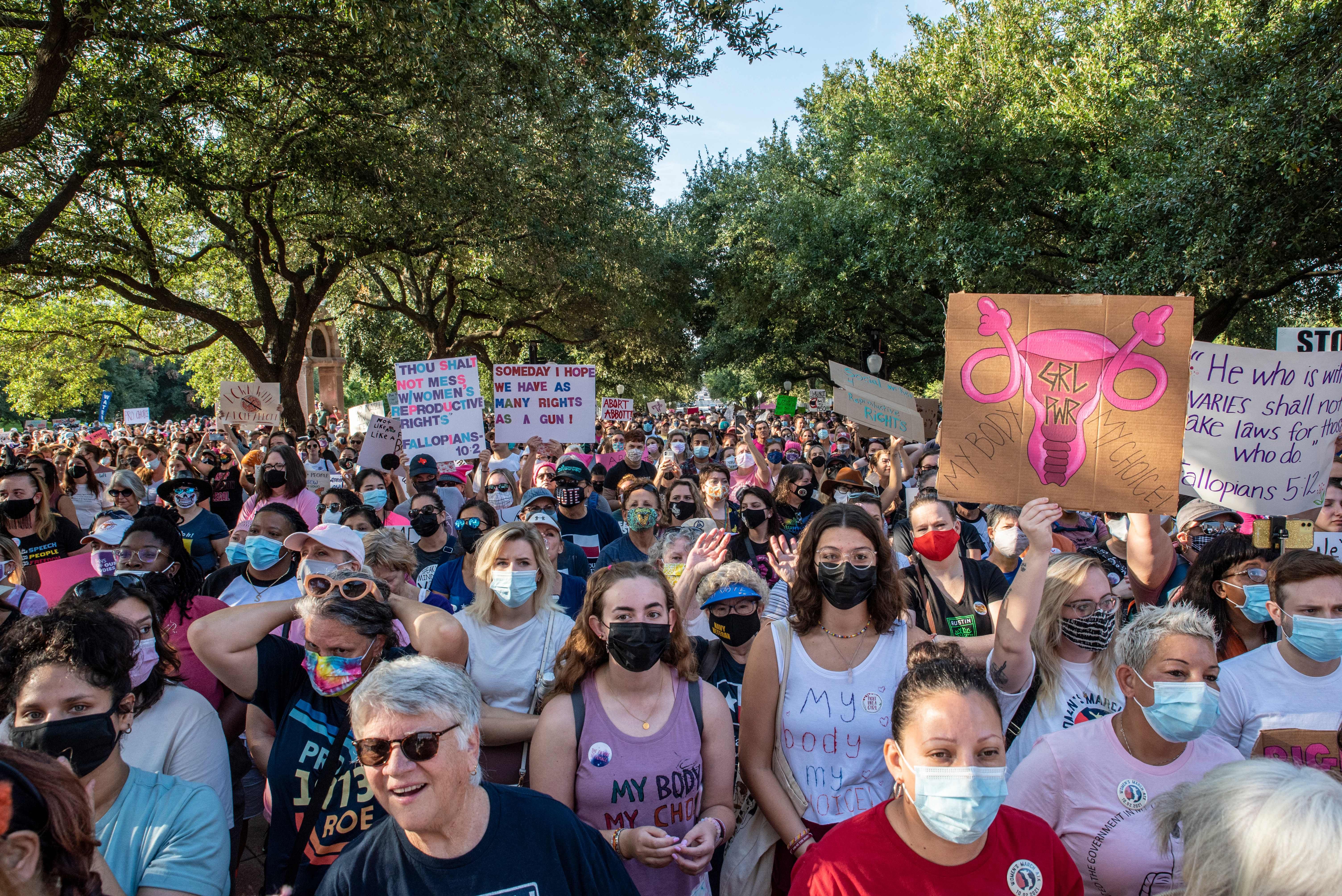
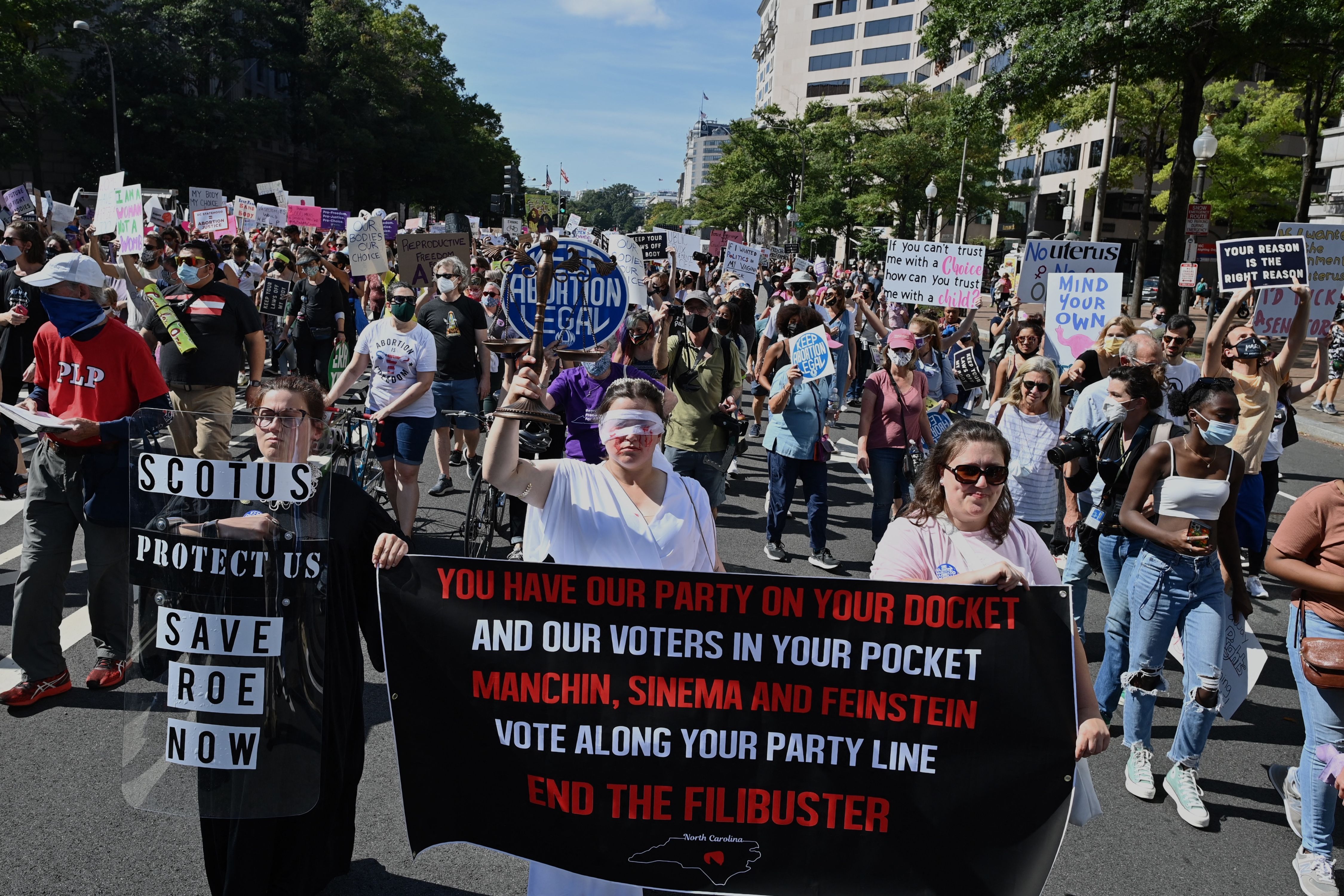
Go deeper: Members of Congress share personal abortion stories at House hearing
